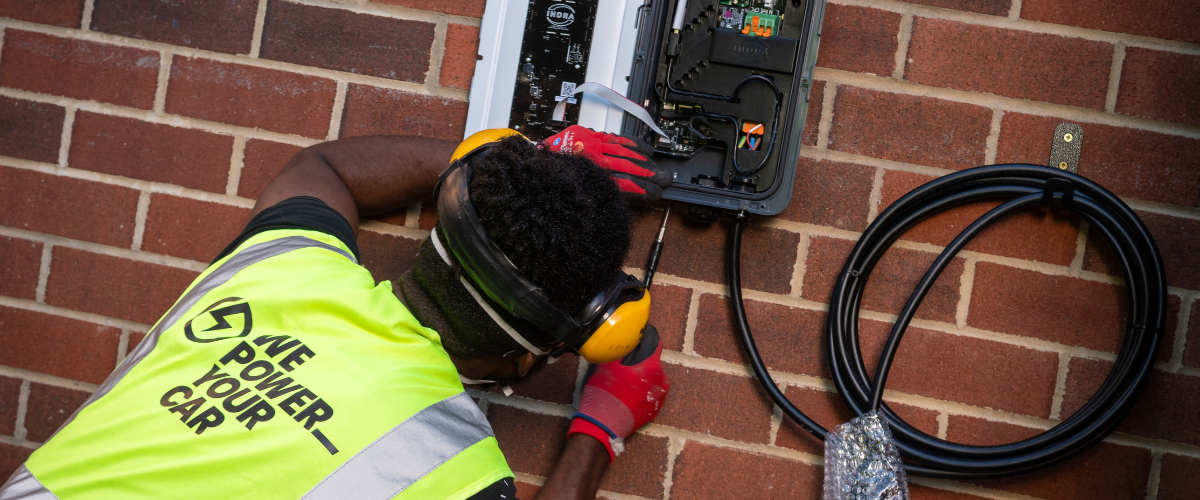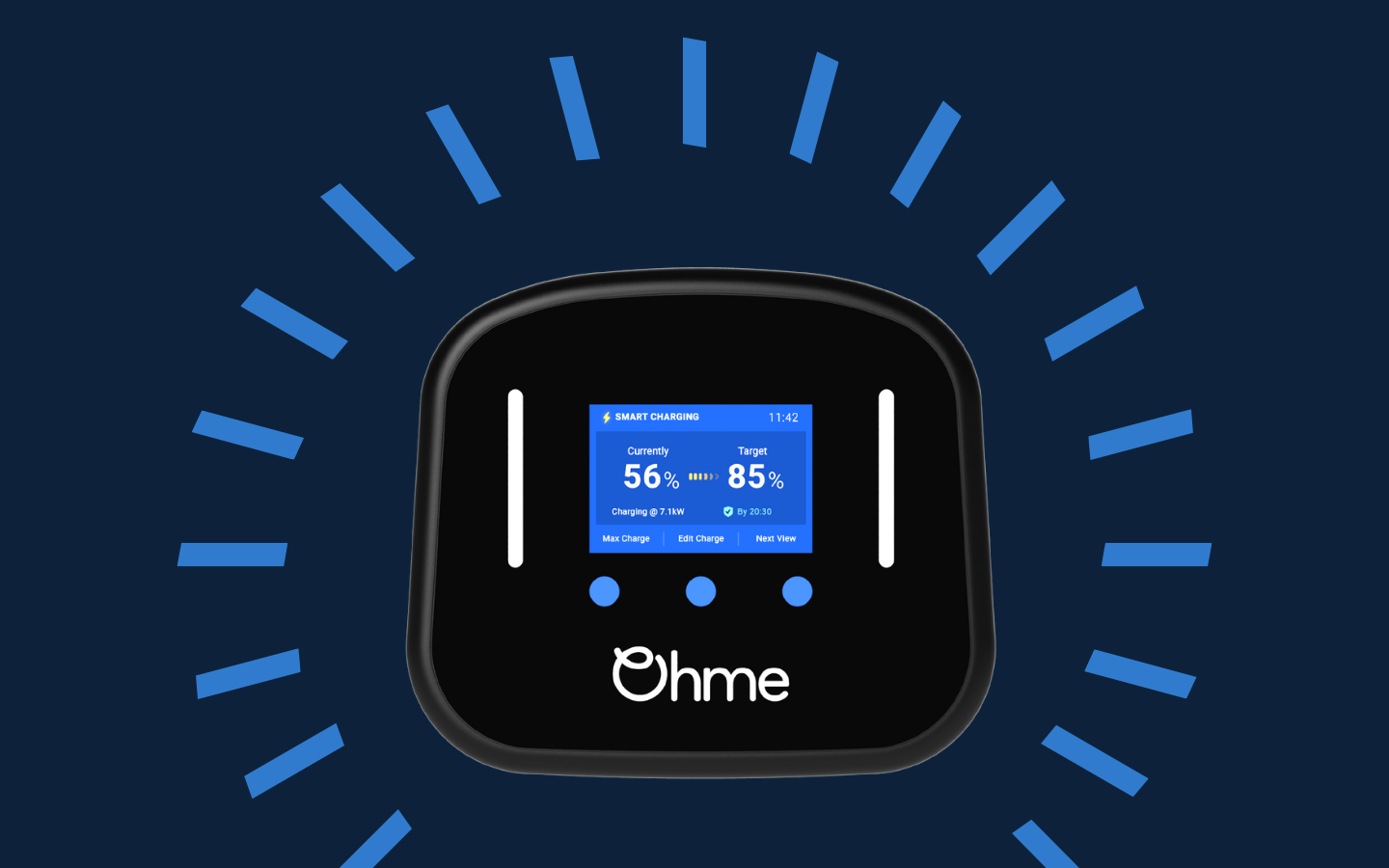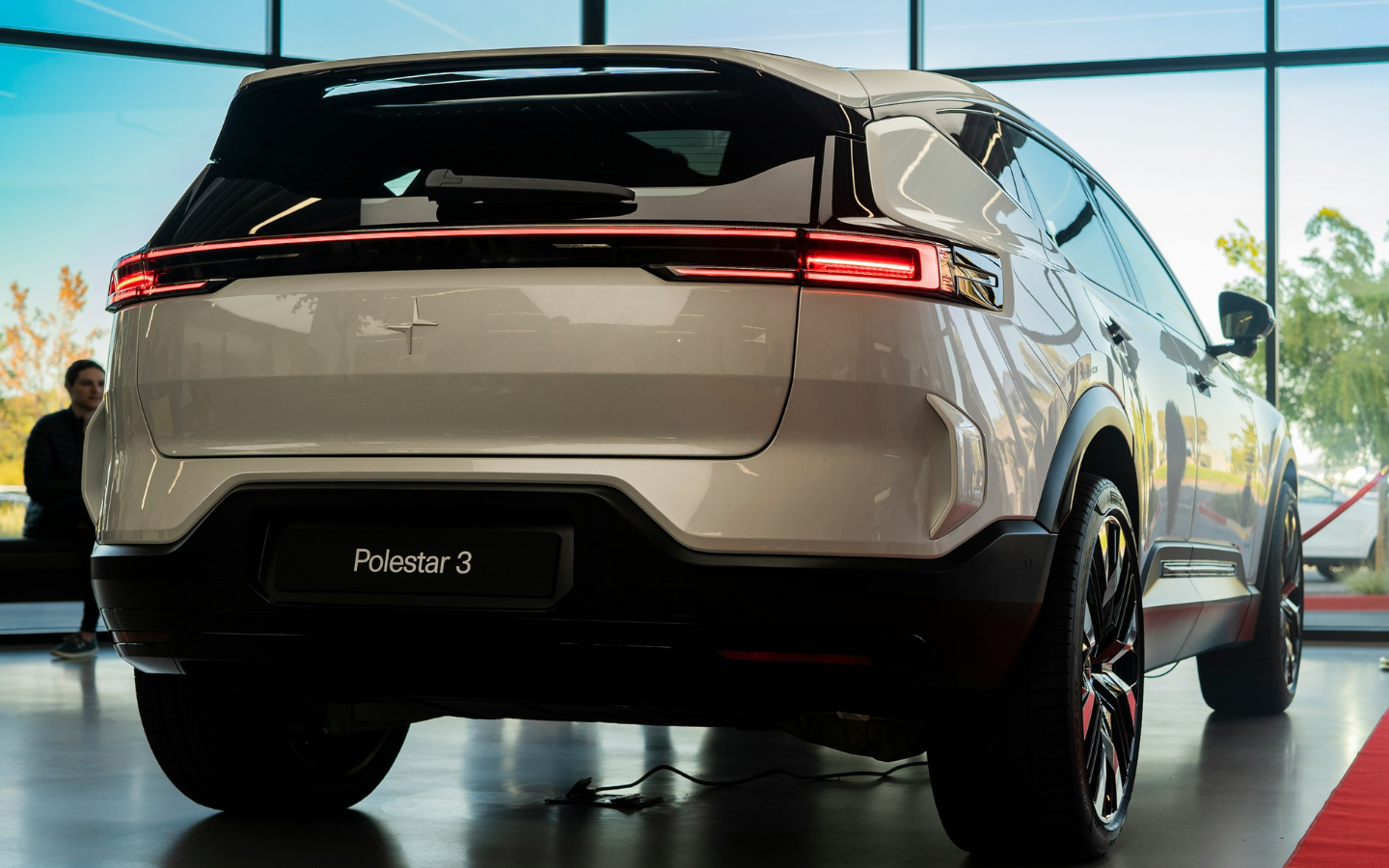

Do Electric Cars Pay Road Tax in the UK? EV Road Tax
New government means new rules. And that’s not excluding road tax.
But do electric cars pay road tax in the UK now? And when will this change? How much road tax will electric cars pay in 2026?
Keep reading to learn everything you need about electric cars and road tax.
What is road tax?
The amount of Vehicle Excise Duty (VED) – more commonly referred to as road tax or car tax – payable depends on several factors, including the type of vehicle, its CO2 emissions, and the date of its registration.
Historically, road tax was primarily based on the vehicle’s engine size. However, since 2001, it has been linked to carbon dioxide emissions. Now, the general rule of thumb is that the higher the CO2 emissions emitted from your vehicle, the higher the road tax.
Do electric cars have to pay road tax in 2025/2026?
Sadly, if you’re new to the electric world, you’ve missed the EV road tax exemption. Now, all battery electric cars are required to pay road tax, as per the changes that came into effect on 1st April 2025.
That said, battery electric cars will pay the lowest VED rate of £10 in the first year. So, the perks of going electric are still available.

But what about if your EV is a premium vehicle – do you have to pay road tax on electric cars over £40,000?
When purchasing a vehicle with a value or ‘list price’ of over £40,000, an additional road tax fee must be paid. Named the expensive car supplement, a government-enforced premium rate of £390 must be paid every year for five years from the second time your vehicle is taxed.
Previously, you didn’t have to pay road tax on electric cars over £40,000, nor pay the additional premium vehicle fee for vehicles over £40,000.
Unfortunately, though, from the 1st April 2025, electric vehicles over £40,000 will be subject to the expensive supplement tax (also known as the luxury car tax).

How much is road tax in the UK now?
The 2025 tax payment rates for cars registered on or after 1st April 2017 for the first year are:
CO2 emissions |
Diesel cars that meet the RDE2 standard, petrol cars and zero-emission cars |
Other diesel cars |
| 0 g/km | £10 | £10 |
| 1 to 50 g/km | £110 | £130 |
| 51 to 75 g/km | £130 | £270 |
| 76 to 90 g/km | £270 | £350 |
| 91 to 100 g/km | £350 | £390 |
| 101 to 110 g/km | £390 | £440 |
| 111 to 130 g/km | £440 | £540 |
| 131 to 150 g/km | £540 | £1,360 |
| 151 to 170 g/km | £1,360 | £2,190 |
| 171 to 190 g/km | £2,190 | £3,300 |
| 191 to 225 g/km | £3,300 | £4,680 |
| 226 to 255 g/km | £4,680 | £5,490 |
| Over 255 g/km | £5,490 | £5,490 |
The current vehicle tax payments for the second year and onwards are:
| Fuel type | Single 12-month payment |
| Petrol, diesel, electric and alternative | £195 |
What about company car tax?
Benefit-in-Kind tax still has to be paid if you’re using a company EV.
Interested in cheaper home EV charging sessions?
Invest in a home EV charger. The most convenient route of electric car charging. Click below to get your free quote, or contact us for unbiased advice. Or to see a close-up, browse our range of electric car chargers online now.
For our latest updates, follow us on Facebook, Instagram, Twitter, LinkedIn & YouTube.


















